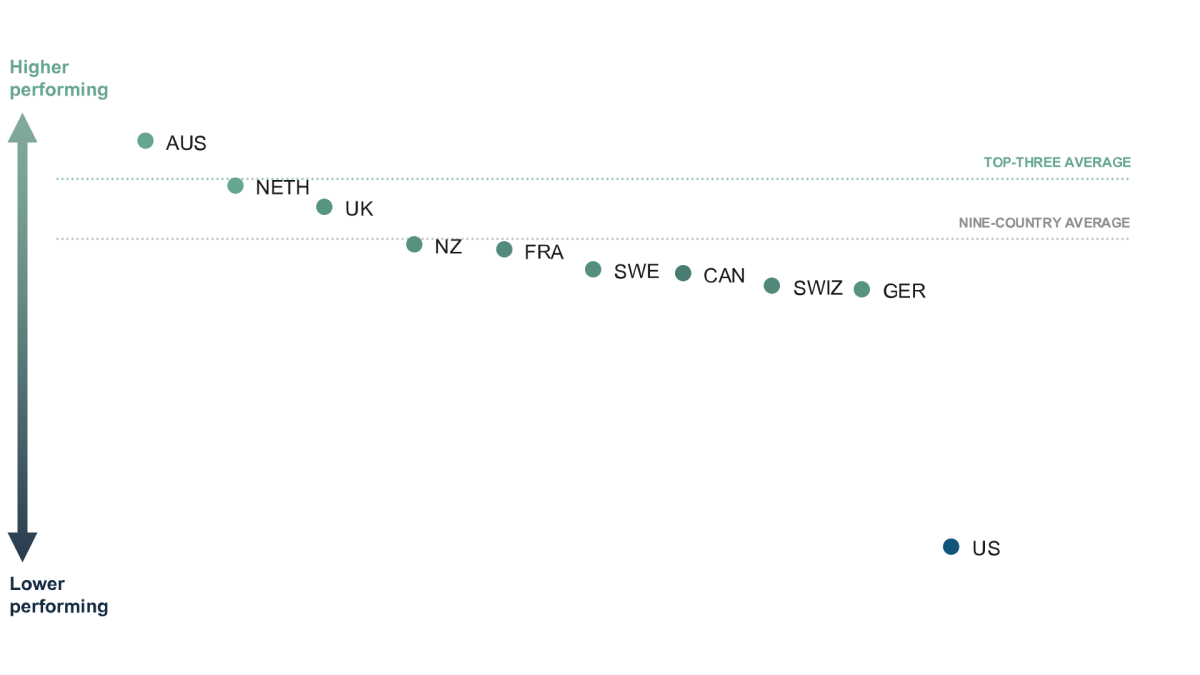Many Americans are now aware of the December 4 tragedy where 50-year-old Brian Thompson was killed in a shooting outside of his hotel in New York City. The murderer engraved the words “Deny. Despose. Defend” into the bullets, making it clear that this wasn’t just a random killing; it was meticulously planned.
Why exactly was Brian Thompson targeted? He was the CEO of UnitedHealthcare.
Although the official motive is still mere speculation, it is believed that the alleged murderer, 26-year-old Luigi Mangione, developed a deep hatred for the healthcare industry after being hospitalized from an accident.
Some Americans are painting the murderer as a heroic “vigilante” and defending his actions because of how corrupt the U.S. healthcare system is. Although the murder was undeniably unjustifiable, it highlights a major problem in the United States.
A lack of meaningful healthcare reforms have been a problem in America for a long time. If violence is the face of this movement, then the federal government must act now before there are more unnecessary acts of violence such as the murder of Brian Thompson.
In a recent survey conducted by KFF, a non-profit organization that specializes in researching healthcare, it was found that many Americans are suffering from the healthcare system.
According to KFF, 61 percent of Americans without insurance have delayed medical attention due to affordability concerns. 48 percent of adults fortunate enough to be insured are concerned about the cost of their monthly insurance premium. Out of both insured and uninsured adults, 41 percent are in debt because of medical expenses. These statistics are even worse for minorities.
A primary reason for the outlandish prices is because insurance companies are private enterprises that are incentivized to deny claims. Since there is little competition in the sector, this allows the larger companies to get away with charging high premiums and deny coverage without always valuing the consumer.
The duty of the federal government, as stated in the “Declaration of Independence,” is to ensure that its citizens have equal rights to “life, liberty, and the pursuit of happiness.” How can this possibly hold true if all Americans are not given the same opportunities and access to something as fundamental as healthcare?
Despite being a world power and wealthy nation, the United States has one of the most expensive healthcare systems in the world for its citizens, even compared to other wealthy countries such as the United Kingdom, New Zealand, and Japan.
The Commonwealth Fund compares the United States to other wealthy countries in a 2021 study.
Despite healthcare spending being the highest per capita and as a percentage of GDP (17.3 percent), the United States has the most preventable deaths, highest rates of infant and maternal mortality, and one of the lowest rates of physician visits.
The distinguishing factor between the U.S. and the other high-income countries was that the U.S. is the only one to not guarantee health coverage.
It is clear that Americans are not able to access the care they need to stay healthy and when they can access it, they will spend a lifetime trying to pay off their debts. People should not have to choose between their own livelihood or bankruptcy.
While immediately instilling universal healthcare would be impractical, increased fiscal spending on public healthcare and national health insurance would help drive down the costs. As a society, we can work together by petitioning the government for immediate change on a federal and local level.
The U.S. is the envy of the world in many areas, but healthcare is not one of them. Instead of continuing to use what is clearly an ineffective system as seen in multiple data points, the U.S. government should take the best ideas from other countries that outperform us in healthcare to integrate them into its own system. In the meantime, there is no place for vigilante justice and our political leaders need to be more clear about finding a solution while not excusing this behavior.











